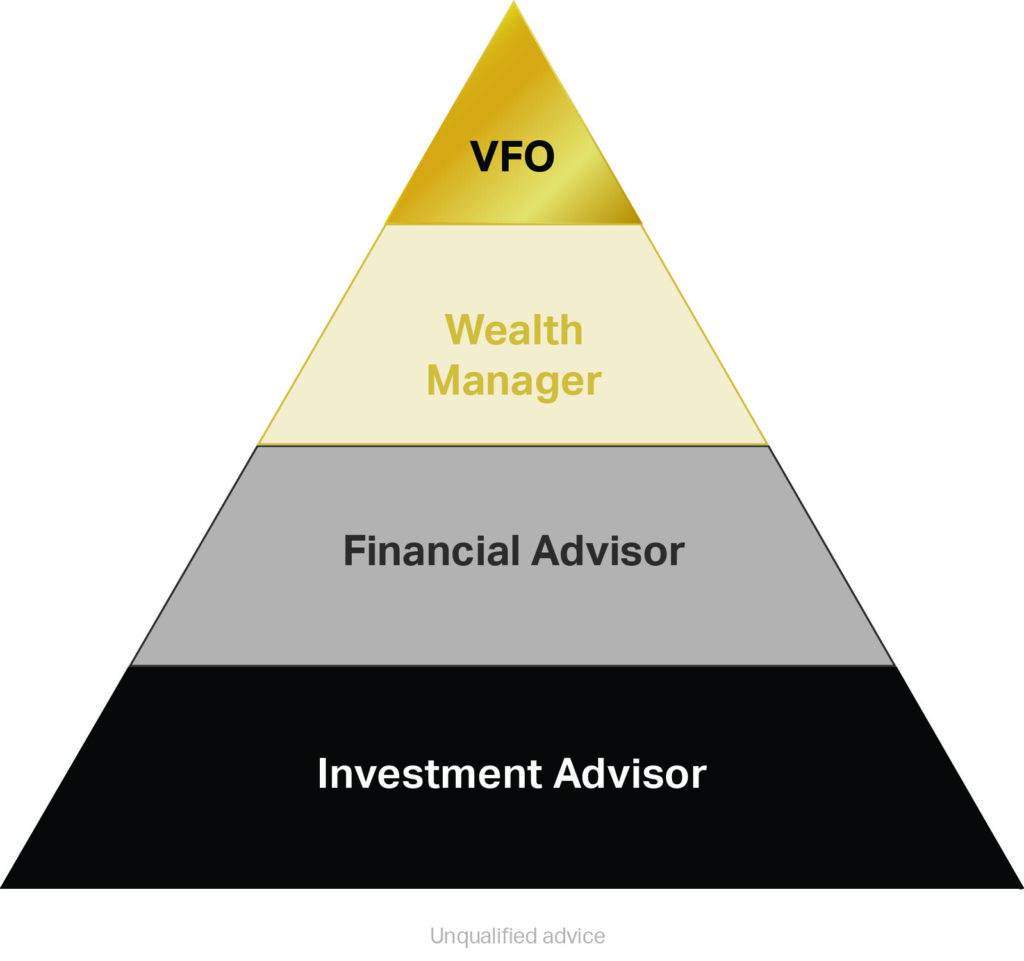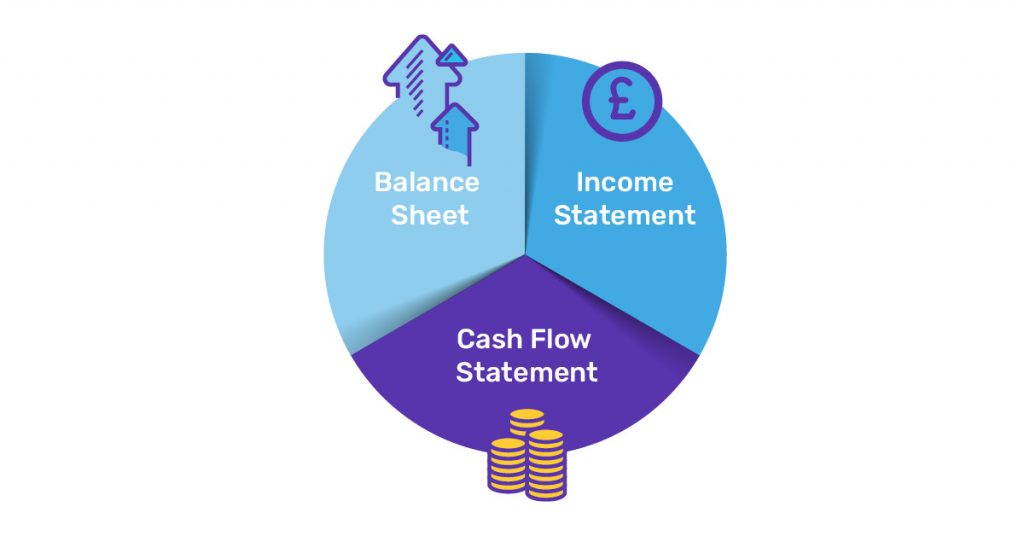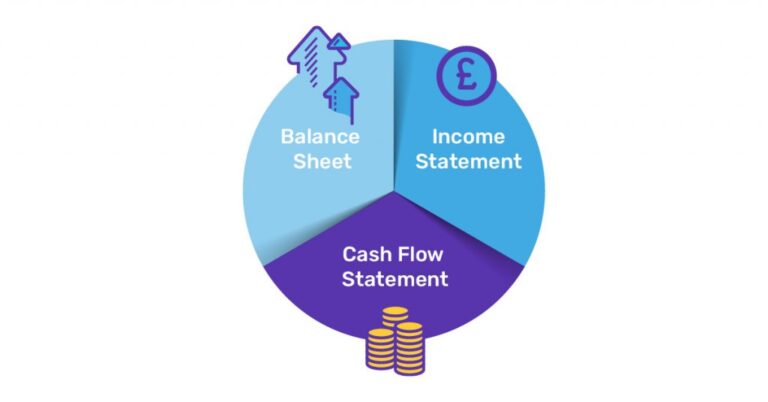Selecting the right business advisors can be a transformative decision for any startup founder. Advisors bring expertise, experience, and a network of connections that can fill critical knowledge gaps, offering guidance to help a business grow. Moreover, having a solid advisory team in place can be a vital asset during fundraising rounds, signalling to potential investors that the startup is well-supported and has access to external insights. The key lies in understanding the value that the right advisors can bring and carefully choosing those whose skills align with the needs of the business.
Why Are Advisors Crucial for Startups?

Advisors are essential for several reasons. First, they often possess skills and knowledge that founders may lack, especially in areas crucial for scaling the business. Second, they bring valuable experience from their own careers, offering insights into industry trends, best practices, and potential pitfalls. Third, they often have a unique perspective on the sector and target audience, which can be invaluable in refining the business model and go-to-market strategies.
The best advisors empower founders by sharing their experience and providing actionable advice, allowing founders to make more informed decisions. Moreover, the right advisors can fill knowledge gaps and free up the founders to focus on their strengths, improving the startup’s overall performance and chances of success.
However, only some founders have advisors, and those who do may only sometimes make the best choices. Some founders believe they can scale their business without external help, while others may have advisors in name only—people with little actual involvement or contribution to the industry. This can lead to significant challenges, especially when building trust with potential investors.
Common Mistakes Founders Make When Choosing Advisors

Many founders fall into one of three categories when it comes to advisors. First, some founders operate under the mistaken belief that they don’t need advisors at all, often due to an inflated sense of confidence or fear that seeking advice signals weakness. However, this mindset can hinder their ability to scale efficiently and avoid common pitfalls.
Second, some founders list advisors merely for appearances—people who aren’t engaged in the business. This “advisor in name only” approach can backfire, especially when investors do their due diligence and discover that the advisory board is merely superficial.
Third, founders sometimes make poor choices by appointing friends or former colleagues to advisory roles simply because of their past relationship rather than their relevance to the startup. Even if someone has impressive credentials in a corporate setting, that doesn’t mean they’ll be effective in a fast-paced startup environment. The right advisors must have specific expertise related to the startup’s growth stage and sector to add value.
Four Essential Types of Advisors

Every founder should consider four types of advisors to ensure the advisory team provides maximum value.
- An Expert in Your Target Audience: This advisor understands your target market’s needs, challenges, and behaviours better than you do. They may not have worked in your niche but have valuable experience with a similar audience. They can help you gain deeper insights into your customers and eliminate blind spots in your marketing and sales strategy.
- A Specialist in Your Sector: This advisor has direct experience in your industry and can provide critical guidance on navigating it effectively. Their knowledge of the sector’s intricacies allows them to offer insights to help your business grow more quickly and efficiently. They may also have connections that can open doors to other advisors, partners, or investors.
- A Seasoned Entrepreneur: An advisor who has successfully founded and scaled a business in a similar industry can be a powerful asset. They bring insider knowledge of your challenges and an outsider’s perspective, which can help you avoid common pitfalls. Their experience allows them to identify potential issues and offer solutions before they become significant problems.
- A Technical Expert: If your business is product-focused, having an advisor with technical expertise is critical. They can provide insights into product development, helping you avoid costly mistakes and identify opportunities for innovation. Their deep understanding of the technical aspects of your product can also help you streamline processes and improve efficiency.
How to Choose and Compensate Your Advisors

When selecting advisors, screening them like any other key team member is essential. Conduct interviews, check references, and ensure they don’t have conflicts of interest with other businesses in your sector.
Compensation is another critical consideration. Advisors often expect an equity stake in exchange for their time and expertise, though some may also ask for a salary or a retainer. It’s essential to balance compensating them fairly and maintaining enough equity for future hires and investors.
While logistical support from advisors is essential, don’t lose sight of the value of strategic guidance. The best advisors will help you manage day-to-day challenges and guide your business’s overall direction, ensuring it grows sustainably.
In conclusion, finding the right advisors takes time and effort, but it’s crucial to building a solid foundation for your startup. With the right team, your business will be better equipped to navigate challenges, seize opportunities, and attract investment.












